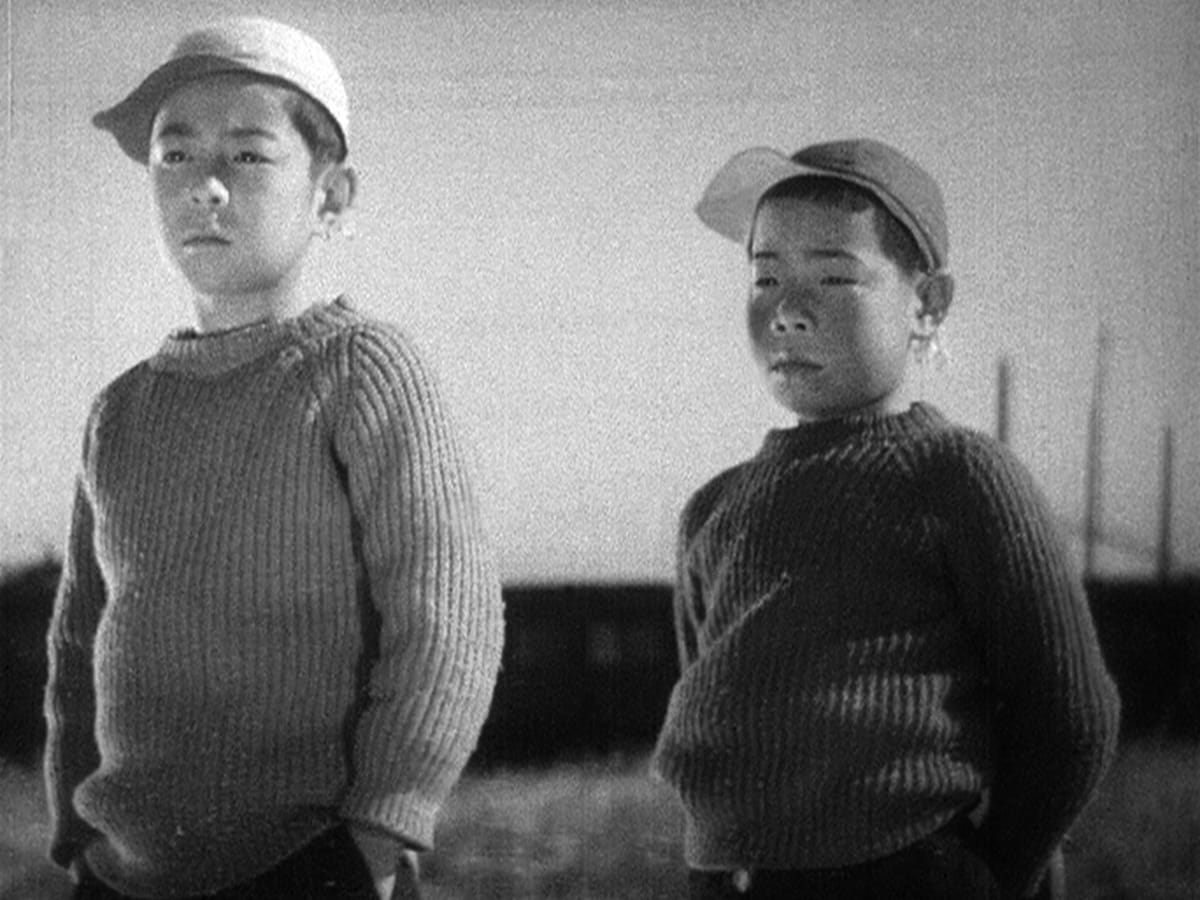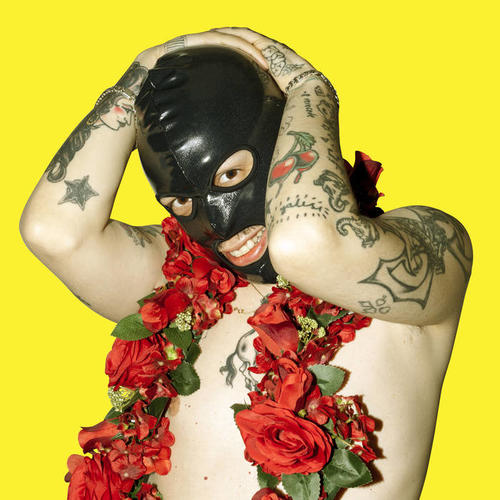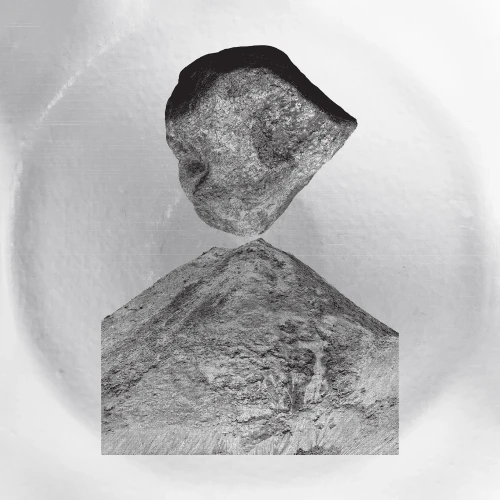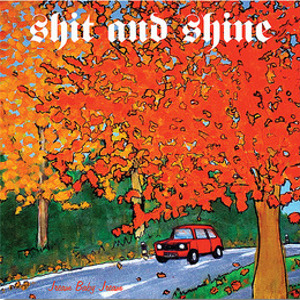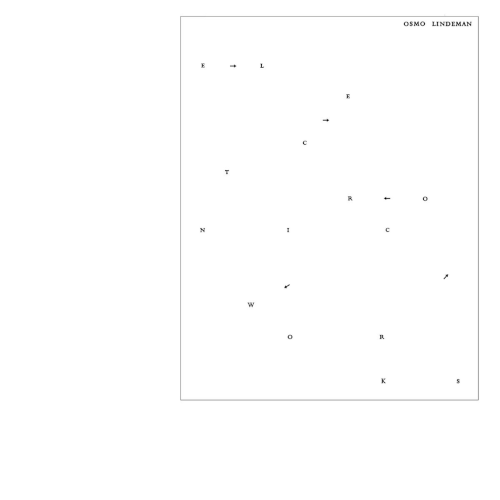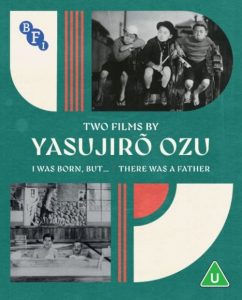 A pair of early Yasujirō Ozu films act not only as pointers to the film-maker he would become, but are utterly magnificent in their own right.
A pair of early Yasujirō Ozu films act not only as pointers to the film-maker he would become, but are utterly magnificent in their own right.
Ozu stands apart. There are few film-makers who command such unanimous acclaim, detractors few and far between, critics as one enraptured by his singular style of delicate, melancholy social satires. This acclaim largely sits upon his post-war films until his death in the early sixties, but his early films remain in need of being seen by a larger audience. It’s a task the BFI has set about with its ongoing blu-ray releases of early Ozu works, and they have chosen two more corkers to focus on this time around.
The first of these films is the silent-era comedy I Was Born But…, and the plot will feel familiar to those acquainted with his later work, the film being reworked as the endlessly sweet Good Morning in 1959. It’s a film made under radically different conditions to his later work. Still just another studio director he was working at a breakneck pace for Shochiku Studios, I Was Born But… is one of four films he made in 1932, a little lazy Sunday of a year after releasing seven in 1930, rapidly learning his craft and beginning to establish his style within his work.
The film follows two little boys as they acclimatise to their new life in the Tokyo suburbs, facing bullies as well as their changing view of their parents. On the surface it is a relatively low-stakes affair, but like all Ozu it has so much to say about families and Japanese society. The central obsessions that will define his work are already there: family dynamics, changing Japanese social systems, parental legacy, but the tone is somehow starker, childhood a more brutal affair, particularly compared with Good Morning.The performances from the two leads are magnificent, catapulted between sulky, giddy, headstrong and confused in an authentically childish way. The plot demands a lot of them; throughout the film all the concerns of childhood melt away come a glimpse at the future, at being sucked into the ritual humiliation and degradation of the spirit it takes to succeed as a salaryman, but it is all communicated in a way that never feels inauthentically precocious.
It’s a long way from the perfection he would reach, but it is his first surviving film to truly point towards what he would become. Formally, he is a good distance from his definitive techniques; he’s a zippier, less meditative (there are shots that move for God’s sake) and the medium of silent film ironically means his use of silence as a tool is less pronounced. But this energy brings the film a liveliness that completely suits its leads, and the way this energy pings around the darkness at the film’s core makes for captivating viewing. For the second film of the set, There Was A Father, we jump forward ten years, and Ozu has quite spectacularly found his style, yet he is still seven years out from Late Spring, the first of his films that sit in the canonical pantheon of all-time greats. The film follows Shuhei (Ozu favourite Chishū Ryū), a maths teacher at the local school that his son, Ryohei, also attends. During a school trip, one of his students dies in a freak accident, an event Shuhei blames himself for. From here we follow the reverberations of this event on the rest of his and the adult Ryohei’s (Shūji Sano) life.We see again those obsessions: societal issues rendered through the familial, but with a new lightness of touch, a collage of telling moments rather than knocking you about the head with any specific ‘point’. More often that not these moments rest on the back of the central performance, none better than Ryū’s. He’s a performer who does stoic as well as anyone ever has, and here he is at his absolute best, decades of pain rippling through his face that don’t just seem to capture a character, but a whole generation.
There is a central scene in which Shuhei goes to a reunion of his former pupils, and it stands as an absolute classic of a very specific kind of passage, what amount to in Ozu films as set pieces. There’s often little to them, amounting largely to gentle pleasantries, soft conversation over dinner, get-togethers with a bubbling melancholy; but they have the capability to take your heart in their palm and blow it away like dust, only for five minutes later it be blown back, reassembled, pulsing with new life. The writing, performances, directorial choices; all are utterly masterful.The two films, separated by a decade, are bound in their examination of fathers and sons, but are most interesting when you group them with another film as an implicit third in a trilogy. Push just over another decade into the future and you have Tokyo Story, the film widely heralded, not only as Ozu’s masterpiece, but one of, if not the, greatest films of all time.
These films of families, intergenerational ambition and legacy show Ozu’s development as a writer and director over time. In the two films included in this set, women are peripheral (though not reflective of all Ozu films of their respective eras), and his style is still a work in progress, even if by other film-makers standards he is producing truly great work. But by Tokyo Story he had perfected his style: his ability to shift tone throughout a scene, the delicate pacing, the limitless humanity of his characters.Both of the films in this set are superb, but become even greater when you see the building brilliance of one of the true all-time greats.
-Joe Creely-
